SUMMARY
This is AI generated summarization, which may have errors. For context, always refer to the full article.
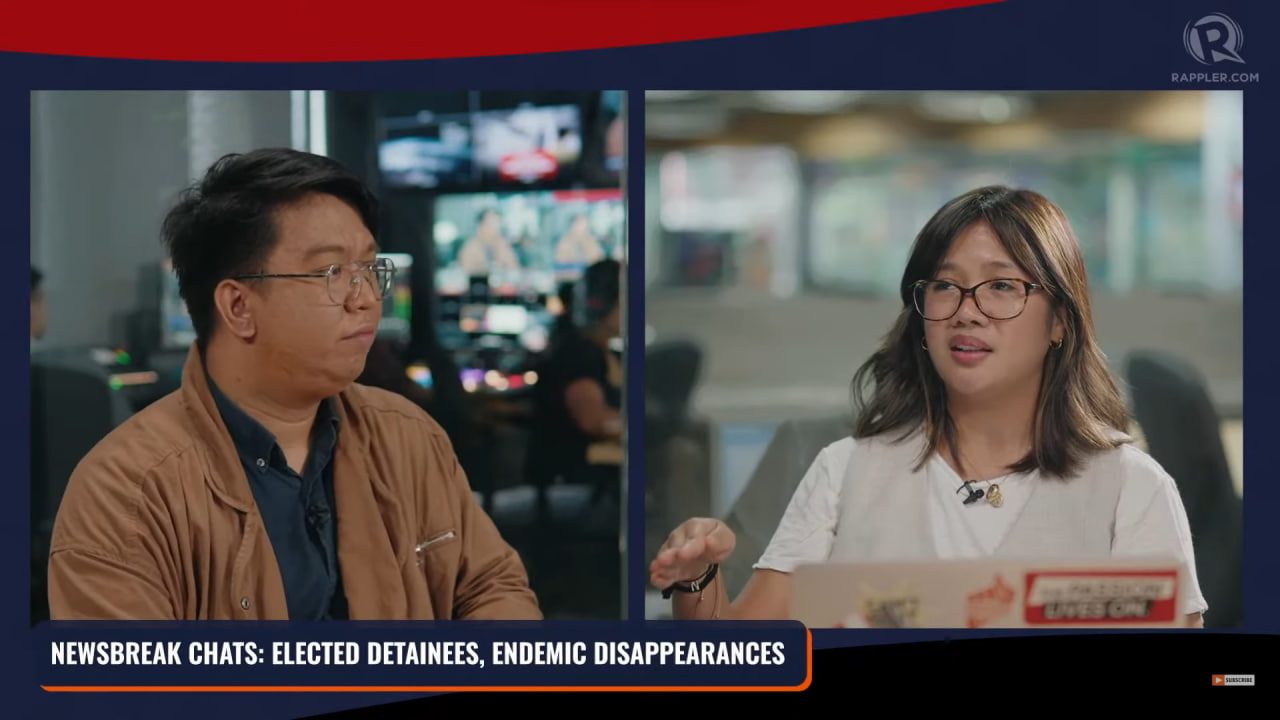
MANILA, Philippines – The low regard for human rights in the Philippines has raised international concerns, sparked by thousands of deaths attributed to the controversial drug war under Rodrigo Duterte and continuing cases of enforced disappearances or desaparecidos.
During the November 9 episode of Newsbreak Chats, multimedia and justice reporter Jairo Bolledo stressed that the condition of prisoners and continuing cases of disappearances in the country show how Philippine society regards human rights.
“Mahirap siya kasi ipinapakita nito na talagang nagmumukhang second class citizen iyong ating mga prisoner at hindi malinaw sa atin kung ano ba iyong mga karapatan ang meron sila,” Bolledo said.
(It’s difficult because, you see, it really makes our prisoners look like second-class citizens, and it’s not clear to us what rights they actually have.)

Bolledo highlighted the frequent violations of prisoners’ rights, such as the injustice of extended detentions compounded by deplorable conditions in many Philippine detention centers. These facilities often fail to meet minimum United Nations standards, with issues such as inadequate food, poor nutrition, and unsanitary environments persisting.
According to the World Prison Brief, the Philippines has the fourth-highest jail occupancy rate in the world as of November 2023, leading to overcrowding in detention facilities.
Bolledo also stressed the need for comprehensive reforms in the national justice system. This includes addressing substandard health conditions within prisons and the prompt enactment of a prisoners’ rights writ – a commitment that, according to the Supreme Court, will soon be fulfilled.
After a decade, 29,171 persons deprived of liberty (PDLs) gained voting rights in the recent Barangay and Sangguniang Kabataan elections. This achievement comes after a 10-year journey, during which the Supreme Court imposed a temporary restraining order (TRO) in 2016 in response to a petition filed by lawyer Victor Aguinaldo, citing constitutional issues about equal protection.
The petitioner argued that PDLs should be disqualified from voting, asserting their lack of freedom to make informed choices. In August 2022, the SC lifted its TRO, which had prevented the Commission on Elections from implementing its resolution allowing PDLs to participate in national and local elections.
Bolledo also cited his report, emphasizing that PDLs are allowed by law to run and even win. PDLs who have not been convicted of their alleged crimes can campaign in, and win electoral contests.
“Ang reception nga [sa report] ay parang only in the Philippines na nakakatakbo kahit may kaso. Nakakalungkot siya kasi reflection siya ng mababaw na understanding natin ng human rights – especially of our prisoners,” Bolledo said.
(The reaction to the report was like, it’s only in the Philippines where someone can run for office even with a pending case. It’s disheartening because it reflects our shallow understanding of human rights – especially of our prisoners.)
Meanwhile, referring to his story on endemic disappearances, Bolledo also said that a law meant to address the persisting problem has yet to be fully implemented.
Signed in 2012 by former President Benigno Aquino III, Republic Act No. 10353 or the Anti-Enforced or Involuntary Disappearance Act criminalizes enforced disappearances and carries a sentence of life imprisonment for individuals directly involved in the disappearance, including their superiors and other implicated officers.
The same law also requires law enforcement bodies to express in writing any information on the presence, or absence, and the whereabouts of a reported victim of enforced disappearance.
To date, no one has faced prosecution or been found guilty under this law, as reported jointly by the Asian Federation Against Involuntary Disappearances (FAD) and the Families of Victims of Involuntary Disappearance (FIND) to the United Nations Human Rights Office.
“The legal safeguards are in place, but the issue lies in the implementation. The mere fact that nothing is happening, there is no accountability, and no justice for the families speaks volumes about the effectiveness of our programs and initiatives in assisting these families,” Bolledo said. – Rappler.com
Add a comment
How does this make you feel?
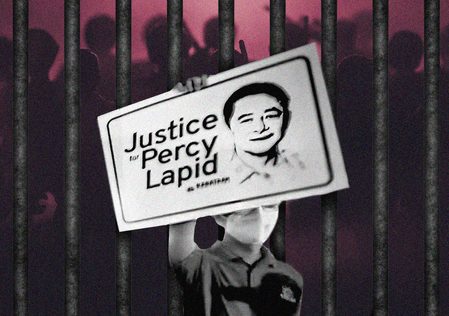
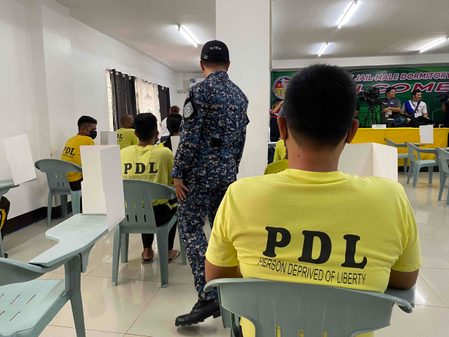
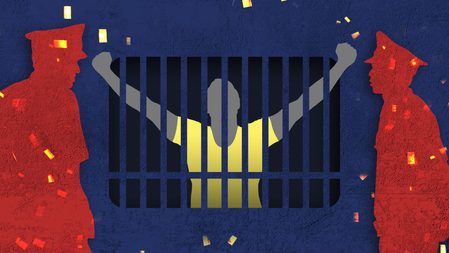
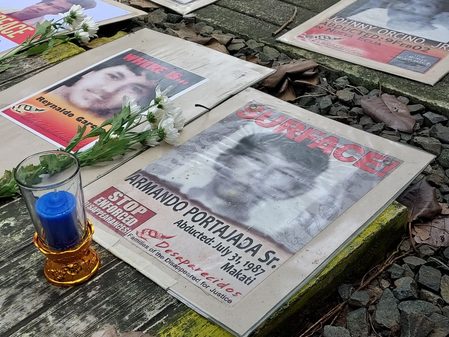
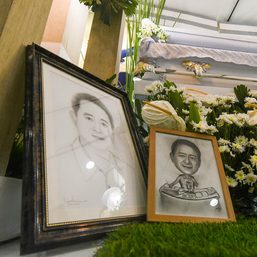

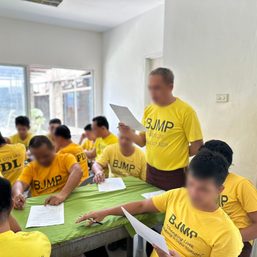
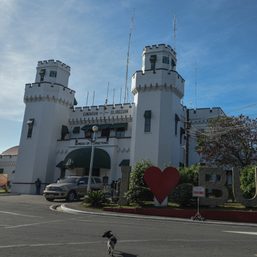
![[Rappler Investigates] The guns of Apollo Quiboloy](https://www.rappler.com/tachyon/2024/04/quibs-guns-carousel.jpg?resize=257%2C257&crop=412px%2C0px%2C1280px%2C1280px)

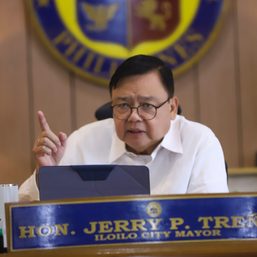

![[Just Saying] A reawakened Supreme Court?](https://www.rappler.com/tachyon/2024/05/reawakened-supreme-court-may-21-2024.jpg?resize=257%2C257&crop=384px%2C0px%2C1080px%2C1080px)
There are no comments yet. Add your comment to start the conversation.